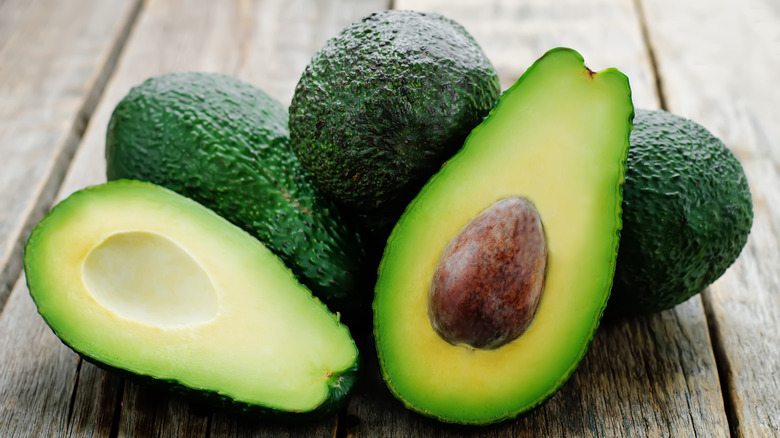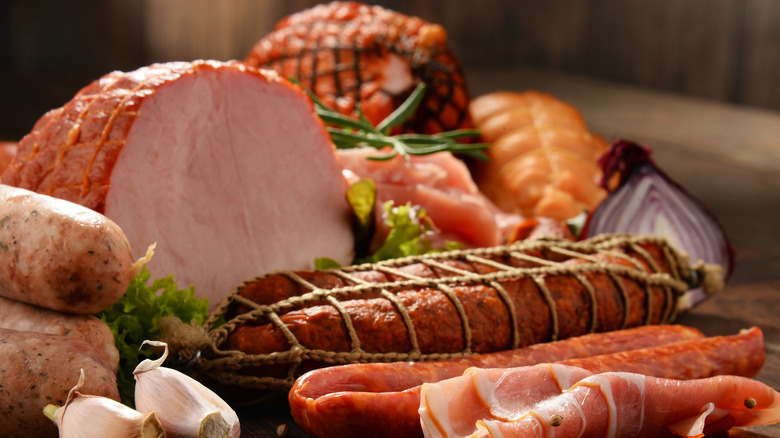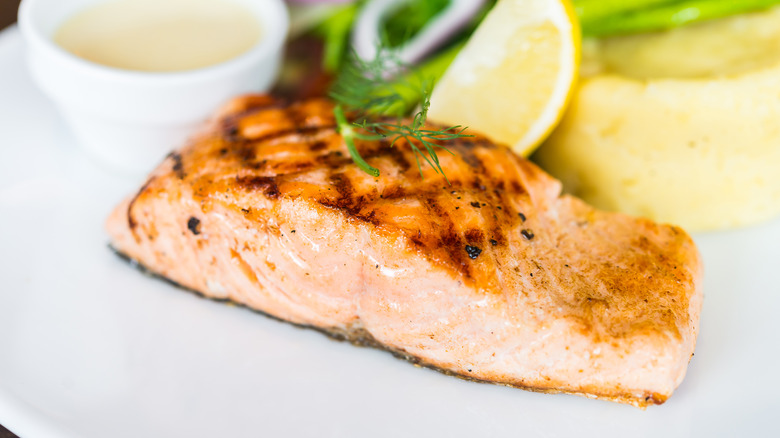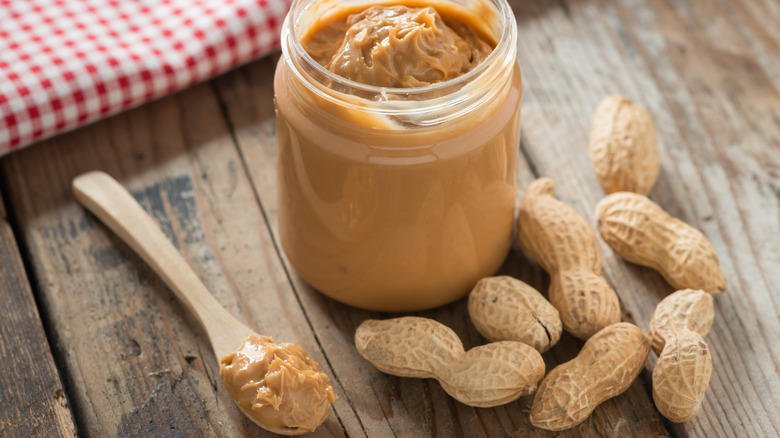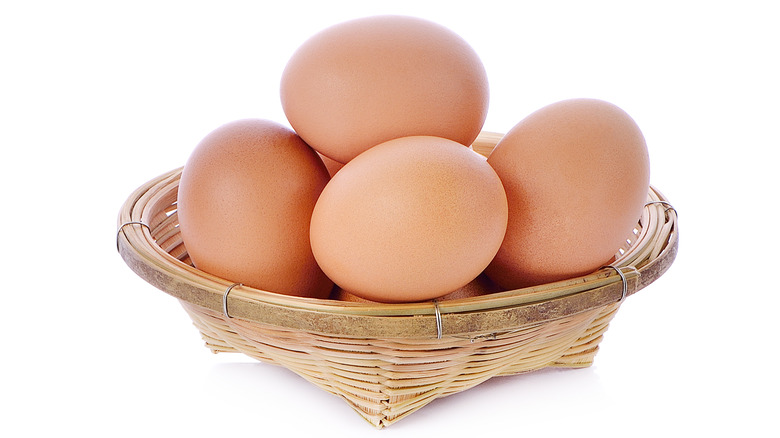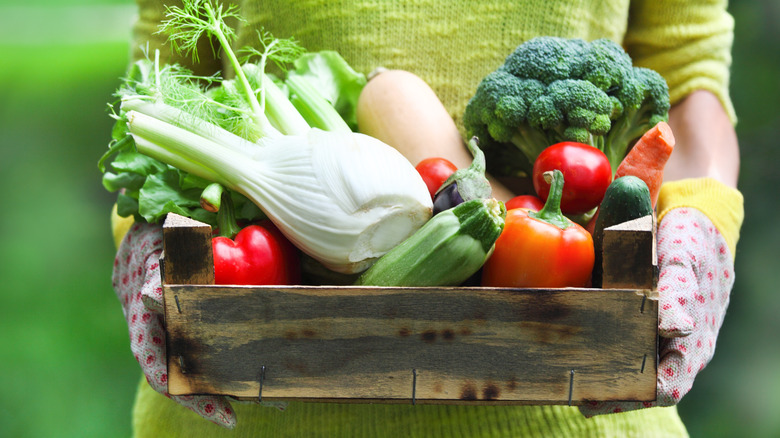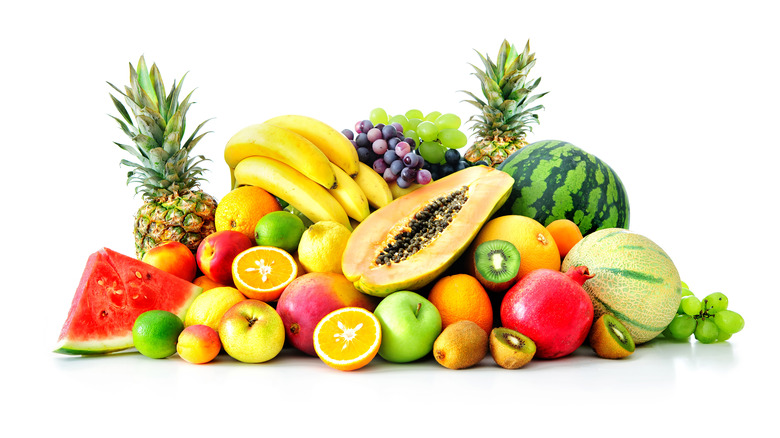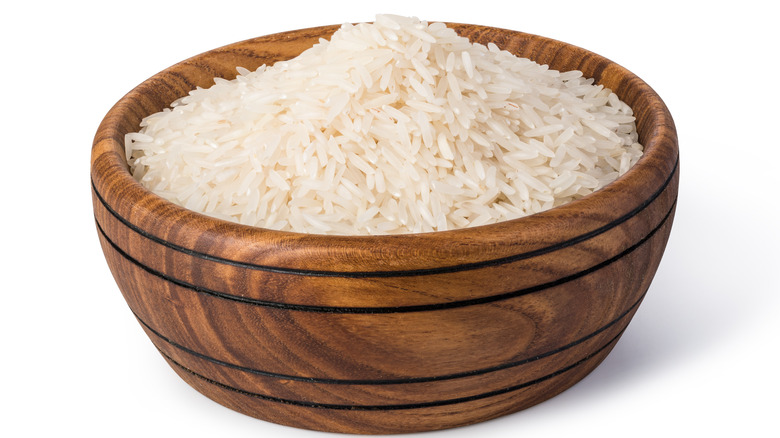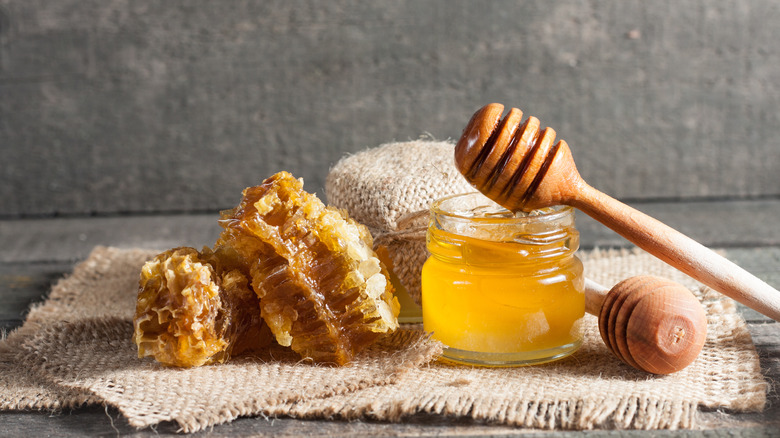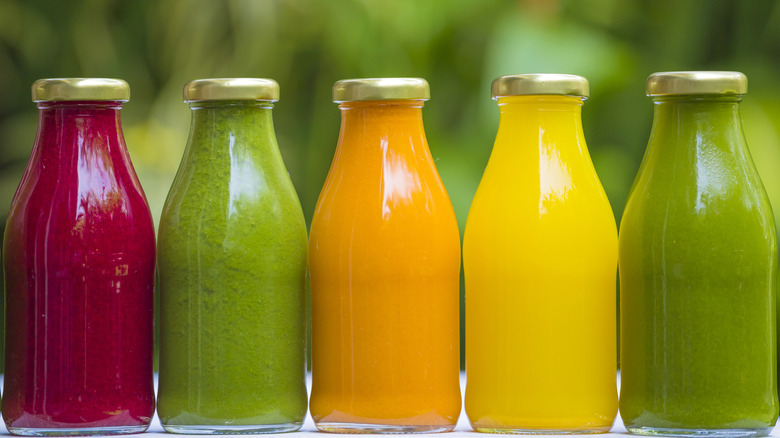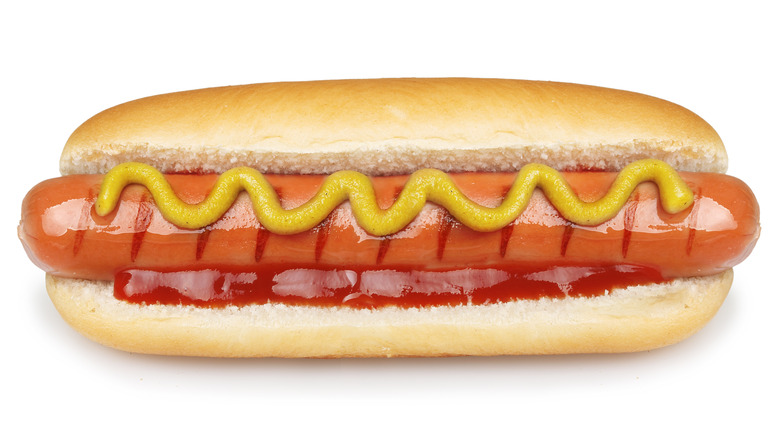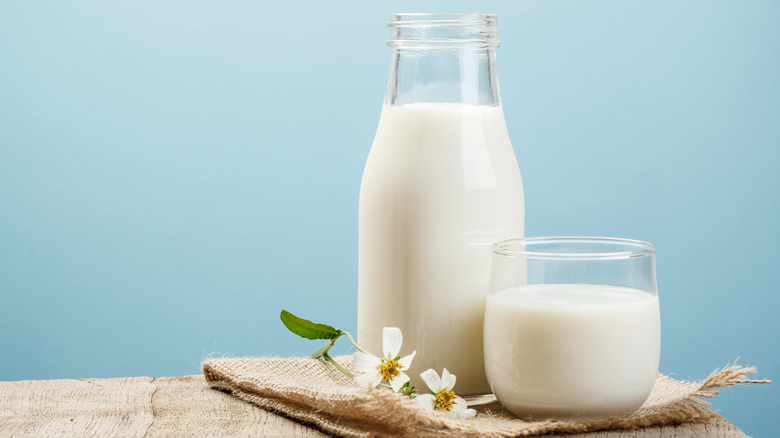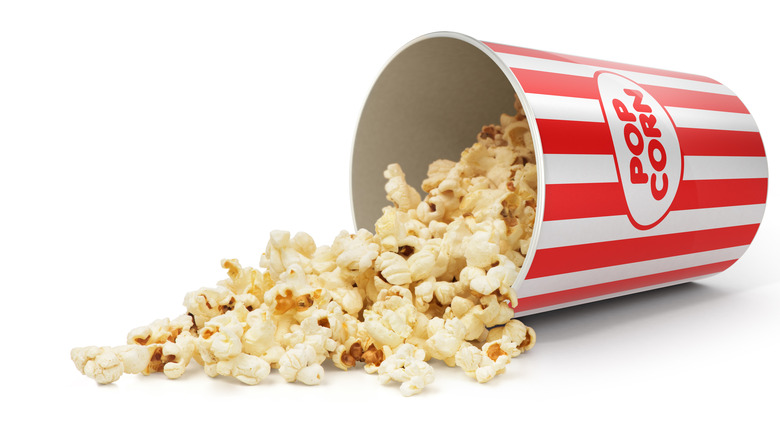7 Foods You Should Be Feeding Your Baby And 7 You Shouldn't
As they await the arrival of a new baby, most parents are just concerned with two choices when it comes to nutrition: breastmilk or formula (or a combination of the two!). It's not until several months later that they realize that things will become a lot more complicated.
Over the years, the recommendations surrounding baby's first solid foods have changed, and across cultures, we continue to see a lot of variation. It is recommended that babies wait until four to six months before adding to their milk-based diet. Introduce new foods one at a time so that you can easily identify any allergic reactions.
It's entirely possible that what we know now will change as we learn more about nurturing those tiny digestive systems, but as of right now, here are seven foods that you should be feeding your baby and seven foods that you shouldn't.
Avocado
There are so many good things to be said about giving avocados to babies. When ripe, they are such a creamy, soft texture, contain no seeds, and have a mild flavor. On top of that, they are packed with Omega-3s which is great for brain development.
Parents.com has a great recipe for a quick and delicious puree. Over time, you can continue to offer it alone, or mixed in with other fruits such as banana. All of my six children absolutely enjoy avocado and I enjoy the fact that it can be prepared in so many ways (we even throw it into smoothies).
Meat
Once reserved for older babies, iron-rich foods such as "beef, lamb, game, poultry, and fish" are being recommended among baby's first foods. Families who do not consume meats can also offer "eggs, tofu, and legumes such as beans and lentils." This can be a real game-changer for some children.
My first four children did not have meat early in life. Not only was it not recommended but was rejected by two of my kids all together. When my twins were born, they struggled with everything. One of them projectile vomited any baby cereal or puree we gave him. I happened to read an article about offering meat so I tried giving them a few pieces of chicken thigh. They greedily ate the meat, softened with some beef broth, and have never looked back.
Fish
This one might seem especially surprising but experts such as Dr. Tanya Altmann suggest giving thoroughly cooked fish, such as salmon (which is lower in mercury than many other fish), to babies as an introduction to solids.
Fish is high in omega-3 fatty acids, contains vitamin D, and is a natural source of protein. Don't be intimidated by the preparation either. Once it's fully cooked, simply mash the fish with a fork and serve (be sure there are no bones, of course!). If it's a little dry, add some breast milk/formula or broth.
Peanut butter
Peanut allergies have steadily increased over the years and, today, as many as two million children in America live with them every day. It's not surprising, therefore, that, for a time, doctors urged parents to put off introducing the food until later in childhood. But studying Israeli customs has caused a reversal of this recommendation.
In Israel, where rates of peanut allergies are significantly lower, children are given a snack coated with a powder made of peanuts. After conducting a study, researchers found that kids who were given the equivalent of four heaping teaspoons of peanut butter a week between the ages of four and 11 months old were an astonishing 80 percent less likely to show signs of allergy at their fifth birthday. Astounding!
Eggs
While we used to be told to wait until a baby's first birthday to offer eggs, that restriction is now being reserved for those with a family history of allergy to the food.
Packed with protein, eggs are really easy to make and can be an affordable first food for your baby. Whether you boil or scramble them, they can be thinned with a bit of breastmilk or formula until your baby is ready to eat them as a finger food. Dr. Tanya Altmann even suggests making a few ahead of time to simplify mealtime!
Vegetables
Tried and true, veggies such as sweet potato, squash, peas, and carrots are usually on the list of first foods to offer babies. Most grocery stores will have an aisle dedicated to meals for brand new eaters and grabbing a jar or two to try is a simple first step.
You can, of course, easily boil or steam the vegetables at home (especially, if you are making some for your own meals) and either mash them well or use a blender to make your own puree. Parents.com has a great tutorial and suggestions for combining different flavors with meat and other proteins.
Fruits
Babies are born predisposed to liking sweet foods so many parents try focus on getting their kids to like vegetables first. The American Academy of Pediatrics says that the order in which you introduce the foods won't matter in the end, so don't stress it. Let your baby eat what they like!
In addition to the traditional banana, pears, and apple purees, consider offering other fruits including apricots, cantaloupe, blueberries, peaches, and even papaya flesh which is easy to swallow and "contains enzymes that aid digestion."
Rice cereals
For years and years, parents reached for rice cereal as the first food for their infants. New information, however, is making many think twice and experts are also concerned. There is arsenic in rice cereal and a study published by JAMA Pediatrics showed that babies who ate rice cereal had higher concentrations of arsenic in their urine, compared to those that didn't eat rice-based products. That's shocking!
As Boston Children's Hospital pediatrician, Dr. Claire McCarthy explains, "I'm going to tell parents to avoid rice cereal. There are other kinds of cereals. That one is easy — it's definitely not a risk worth taking. And besides, rice cereal a highly refined carbohydrate that can increase the risk of obesity."
Honey
If you've been warned about giving honey to babies, you've probably heard about botulism. The condition is rare but serious as the toxin targets the nervous system, leading to muscle weakness, difficulty breathing, and death.
The CDC states that children who developed the illness had come in contact with the C. botulinum spores which can be found in some honeys. For this reason, it is recommended that parents wait until after their child's first birthday to offer it.
Juice
It might be tempting, as your child's palate grows, to offer some juice with a meal but the American Academy of Pediatrics has taken a pretty definitive stance against this. For a while, they have discouraged parents from offering juice to babies under six months old but they've recently taken this a step further.
The new guidelines suggest that juice is never given to children in their first year of life since it offers very few nutritional benefits (especially since juice is high in sugar) and can prevent babies from getting the nutrition they need. When an infant is thirsty, the AAP recommends sticking to breast milk or formula.
Water
Many parents might be surprised by this but giving water to infants is not recommended for a few reasons. The World Health Organization explains that even in industrialized areas, water may not be clean enough for your baby's developing immune system and can put them at risk for infection. It can also result in malnutrition since an infant might fill up on water and not want any breast milk or formula.
Another serious concern is water intoxication. The physicians at Johns Hopkins Children's Center stress that water should never be given to babies six months old and younger because their kidneys aren't mature enough to process it. As a result, their bodies will release sodium to compensate which can affect brain activity and lead to a potentially life-threatening situation.
Hot dogs
Despite their popularity, giving hot dogs to small children is not recommended by experts, including those at Johns Hopkins. As pediatrician Nisha Kapadia explains, "Every food poses a choking risk in young kids but the hot dog has just the right size and consistency to perfectly block the airway, it's the perfect plug that doesn't allow any air to get through." In fact, researchers have determined that children under the age of three choke on hot dogs more than any other food, followed by hard candy, grapes, and nuts.
It is also suggested that parents cut hot dogs into "noodle-like strips" if they are going to give them to their children, but also raised another concern about this common food item. They contain potentially harmful ingredients, so when possible, it's recommended that parents stick to nitrite and nitrate-free varieties.
Cow's milk
Many parents look to cow's milk as a replacement for breast milk or formula but, according to pediatricians, young babies struggle to digest it completely, or easily. Additionally, the high protein and mineral content can put stress on a baby's growing kidneys and lead to illness. Further, cow's milk lacks the amount of nutrients, iron, and vitamin C needed for our littlest ones.
It is, therefore, recommended that parents wait until their child is at least 12 months old, and eating a variety of foods, before introducing whole cow's milk. Skip the lower fat varieties since young children need the higher fat content to "maintain normal weight gain" while helping with the absorption of vitamin A and D.
Popcorn
There's something so fun about popcorn. That's probably why it's always available at movie theaters, amusement parks, and sporting events. There are even some restaurants that offer it to patrons as they wait for their food. I was at such an eatery recently and was shocked when the parents poured pieces onto their young child's high chair tray.
Have you ever choked on popcorn or had a kernel stuck at the back of your throat? Imagine how that would feel if you were a very small child. It could be very dangerous and more than a little scary. For this reason, popcorn is among the foods that the pediatricians from the American Academy of Pediatrics say to avoid giving to children under 4 years old.
Enjoy the journey
Introducing a baby to solid foods can be a really stressful experience. In addition to all the rules and guidelines, your child's preferences will heavily impact what they're willing to eat and drink. Throw the possibility for allergies into the mix and the whole thing can seem a bit overwhelming.
In those moments, try to focus on how exciting it is to watch your baby experiment with new textures and flavors. It's pretty amazing to watch a human being try food for the very first time, if you think about it! While it's important to be attentive, give yourself permission to enjoy the journey. Let them get messy, don't force anything, and have some fun. These days will be far behind you before you know it!

